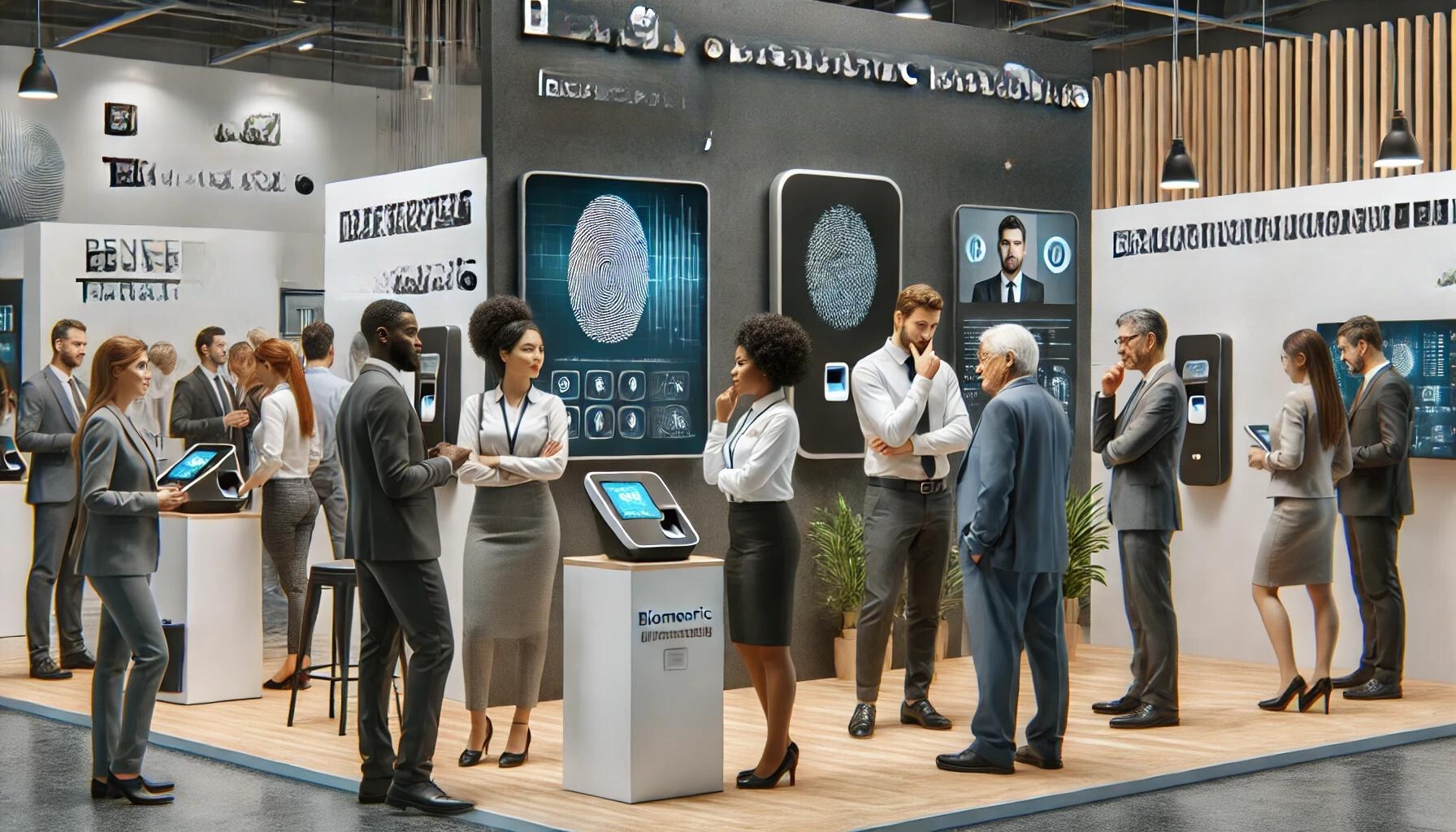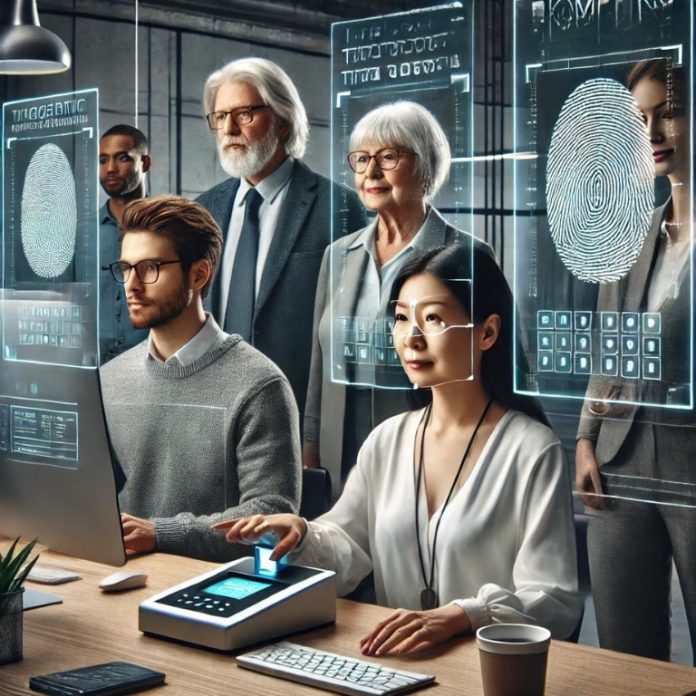In the rapidly evolving landscape of workforce management, biometric time clocks have emerged as a pivotal tool, offering a blend of accuracy, efficiency, and security. These advanced systems transcend the limitations of traditional timekeeping methods, providing businesses with a reliable, automated solution for managing employee attendance. Leveraging unique biological traits, biometric time clocks ensure precise and tamper-proof time tracking, significantly reducing the risks of time theft and buddy punching.
Key Takeaways
- Biometric time clocks provide enhanced security by preventing unauthorized access and reducing fraudulent time reporting.
- These systems improve accuracy and efficiency in workforce management by minimizing human error and timekeeping discrepancies.
- Biometric time clocks ensure compliance with labor laws through accurate and reliable tracking of work hours and employee attendance.
Benefits of Biometric Time Clocks

Enhanced Security: A Fortified First Line of Defense
Biometric time clocks serve as a robust first line of defense in protecting sensitive company data and preventing unauthorized access. By requiring unique biological traits for authentication, these systems ensure that only authorized personnel can clock in and out, significantly enhancing workplace security.
Improved Accuracy: Eliminating Human Error
The deployment of biometric time clocks leads to a notable reduction in timekeeping discrepancies. These systems virtually eliminate the common issues of buddy punching and time theft, providing a more accurate and reliable record of employee attendance.
Enhanced Security and Compliance
Biometric time clocks not only bolster security but also aid in compliance with various labor regulations. By maintaining precise records of employee hours, businesses can adhere to labor laws more effectively, reducing the risk of costly legal challenges.
Operational Mechanics of Biometric Time Clocks

Biometric Time Clock: Core Technology
Understanding the inner workings of a biometric time clock system is key to appreciating its role in efficient workforce management. These systems streamline the process of tracking employee attendance by using unique biological traits, ensuring a high level of accuracy and security.
Secure Access Control
Biometric time clocks ensure secure access control by leveraging unique identifiers such as fingerprints or iris scans. This method significantly reduces the risk of unauthorized access and enhances the overall security of the timekeeping system.
Compliance with Labor Laws
Biometric time clocks play a crucial role in compliance with labor laws by providing accurate and tamper-proof records of employee attendance. This capability is essential for businesses to adhere to regulatory requirements and avoid legal complications.
Enhanced Accuracy and Fraud Prevention

Unparalleled Accuracy in Attendance Tracking
Biometric time clocks leverage unique individual biometric traits to offer unparalleled accuracy in attendance tracking. This precision is crucial for maintaining fair labor practices and ensuring accurate payroll processing.
Reduction of Fraud and Error
The technology behind biometric time clocks significantly reduces the potential for fraud and error. By requiring physical presence and unique biometric data, these systems ensure that timekeeping is both accurate and secure.
Comprehensive Solution for Workforce Management
Biometric time clocks serve as a comprehensive solution for workforce management. They not only track attendance accurately but also streamline administrative processes, making them an essential tool for modern businesses.
Conclusion
In conclusion, biometric time clocks represent a transformative advancement in timekeeping technology, offering unparalleled accuracy and security. By leveraging unique biological traits for identification, these systems not only enhance the precision of attendance tracking but also fortify the first line of defense against time theft and buddy punching. The integration of biometric time clocks into workforce management not only streamlines operations but also ensures compliance with labor laws, making them an indispensable tool for modern businesses. As companies continue to seek efficient and secure methods to manage employee attendance, biometric time clocks stand out as a robust solution that addresses both current and future needs.
Frequently Asked Questions
What are the primary benefits of using biometric time clocks?
Biometric time clocks offer enhanced security and accuracy in timekeeping. They prevent buddy punching, ensure only registered employees can clock in and out, and reduce human error by using unique biological traits for identification.
How do biometric time clocks improve workplace security?
Biometric time clocks enhance security by using unique biological data such as fingerprints or facial features to identify employees, ensuring only authorized personnel can access certain areas and preventing unauthorized access.
Can biometric time clocks help with compliance to labor laws?
Yes, biometric time clocks help maintain compliance with labor laws by providing precise tracking of work hours, which ensures accurate calculation of wages and adherence to overtime regulations.











